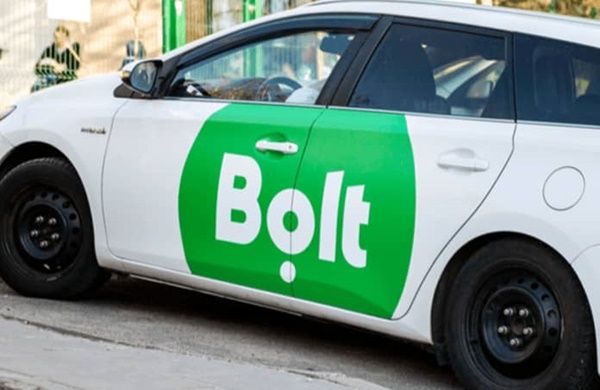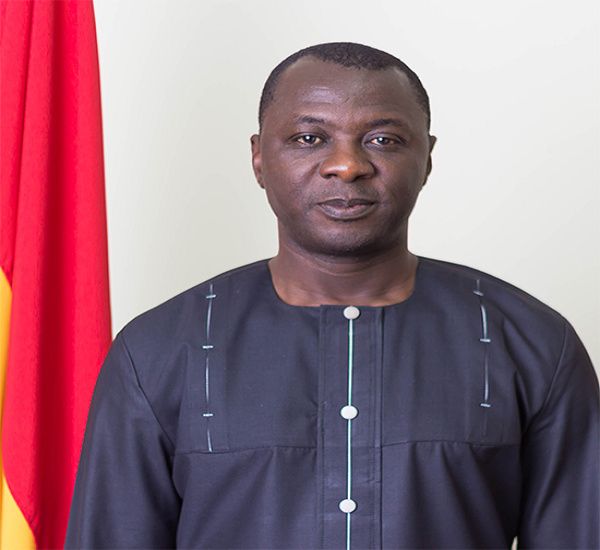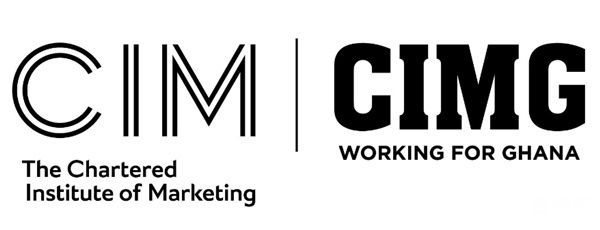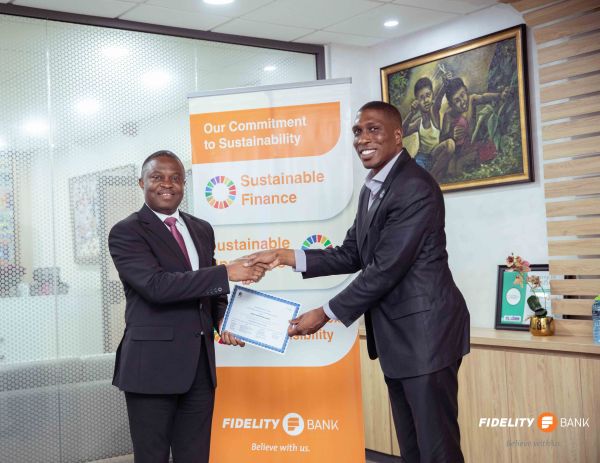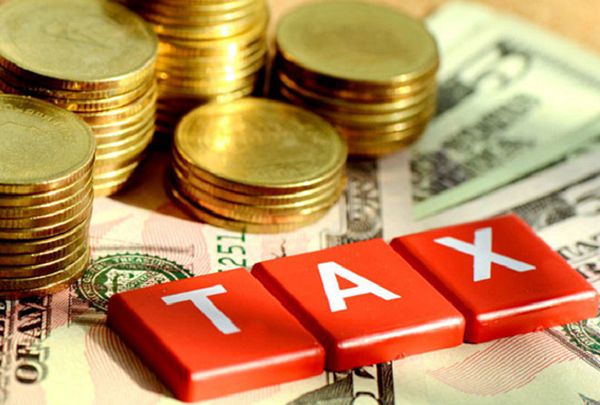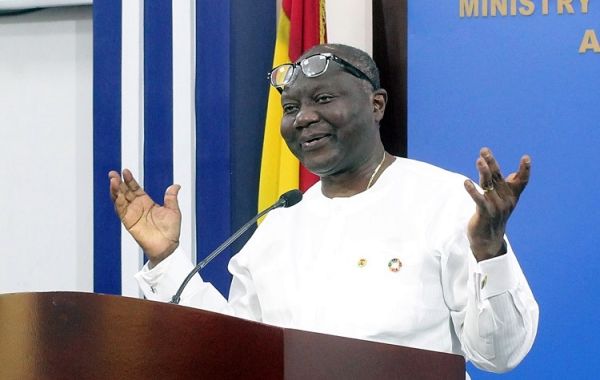
The government is targeting an external debt relief of $10.5 billion between this year and 2026 as it engages its external creditors for debt restructuring, the International Monetary Fund (IMF) has reported.
The external creditors include bilateral and commercial creditors.
The government announced a suspension of debt service on external commercial obligations on December 19, last year and has since been engaging with them on a debt restructuring.
The government is seeking to restructure external commercial debts of $14 billion, out of which $13 billion are in bonds.
Following the formation of the Creditor Committee of the Paris Club backed by China, the government is also expected to begin debt restructuring negotiations with its bilateral creditors in the coming days in a bid to restructure debts of about $5.4 billion.
At a press conference yesterday by the IMF in the United States capital, Washington DC, the Minister of Finance, Ken Ofori-Atta, said the government was looking forward to a fruitful engagement with its bilateral and private creditors in the days ahead, as the country worked towards achieving debt sustainability that would anchor economic stability.
Under the IMF programme, the country is expected to reduce its debt to Gross Domestic Product (GDP)-ratio from the current 93.5 per cent to 55 per cent.
Path to recovery
Mr Ofori-Atta said the approval of Ghana’s IMF programme would set the country on the path of economic recovery.
He said although the IMF board’s approval was far from a magic wand, it was a crucial first step on a necessary journey of strong reforms, inclusive growth and relentless pursuit of a growth agenda geared towards restoring the economy to a place of strength, resilience and prosperity.
“Undoubtedly the economic toll on our people from the effects of the global crisis cannot be understated and we are grateful for the forbearance of all Ghanaians in the wake of the Domestic Debt Exchange Programme which is a difficult but necessary exercise,” the Finance Minister stated.
Context
Last Wednesday, the Executive Board of the IMF approved a $3-billion bailout to support Ghana’s economic recovery, triggering an immediate disbursement of about $600 million.
The loan will help replenish Ghana's foreign-exchange reserves, which have dropped almost 50 per cent from a peak in August 2021, as the Bank of Ghana used them to support the Ghana cedi.
The three-year Extended Credit Facility programme with the fund marked the 17th time the country was running to the Bretton Woods institution for support.
Financial sector
Mr Ofori-Atta added that the DDEP had hugely impacted banks in the country and the government was looking forward to working together with them to achieve the required financial stability.
He said the Ghana Financial Stability Fund, which had been established to support banks affected by the DDEP, would be capitalised to the tune of $1.5 billion.
“$250 Million is coming from the World Bank, government will contribute $500 million, as we still speak to other development partners to participate in that,” he stated.
Mr Ofori-Atta said the government was hopeful that World Bank’s support would come within the third quarter of the year.
Return to capital market
The Finance Minister also noted that the government was not in a rush to return to the international capital market to raise additional financing.
Mr Ofori-Atta indicated that working towards a return to the capital market was, however, important as it would help improve the country’s credit ratings and make it more attractive to foreign investors.
The Finance Minister said the revenue measures outlined in the 2023 budget would give the government the resources needed going forward.
“We will also curtail our expenditures so there is no rush to go back to the international capital market and our expectation is that in managing our expenditure and increasing our revenue, we will have the needed resources,” he stated.
Development partners
Also at the press conference via Zoom, the Governor of the Bank of Ghana, Dr Ernest Addison, said the approval of Ghana’s programme would serve as a basis for further engagements between Ghana and its development partners.
He said the IMF programme should not be looked at only from the budget support point of view as it also came with benefits that far exceeded that.
“While the budget support helps with the current reserves of the central bank, what matters most is the fact that the programme sets out policies and structural reforms that should help Ghana reset our economic policy fundamentals,” the Governor said.
“These reforms should re-anchor policy and embed irreversibility in our policy outcomes to make sure our economy is more resilient,” Dr Addison stated.
Time for work
The Governor also pointed out that it was now the time to work towards the country’s economic recovery.
“This programme approval is just the beginning of the real work of building Ghana better,” he stated.
Dr Addison said the IMF Executive Board’s approval of the programme in such a short timeframe was an indication of a strong government political will and commitment to the reform agenda.
“We have now reached a point where our key stakeholders must come through quickly with their support to give meaning to the catalytic role of the IMF and help build Ghana better,” the Governor appealed.




